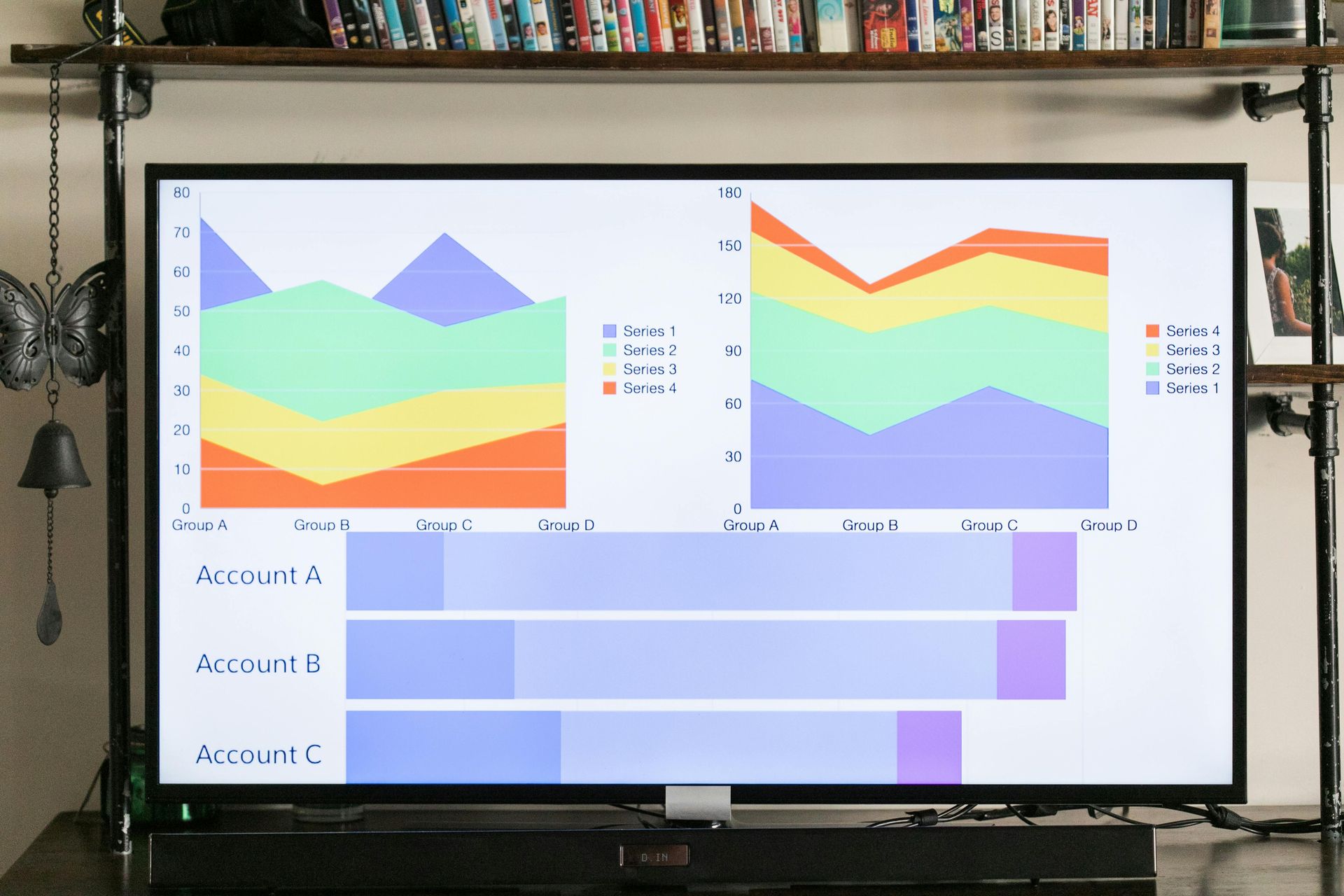Help! My Friends and Family Say I’m Getting Too Skinny
You’ve been working hard, following your plan, and seeing results. But now your friends, coworkers, or even family members are making comments like:
“Don’t lose any more.”
“You’re wasting away.”
“Are you okay?”
Even if the words are framed as concern, the effect can be disorienting—especially if you still feel like you have more weight to lose.
So what’s really going on here? Are you too skinny? Are people overreacting? Or are you seeing something different in the mirror than others are?
Let’s break it down.
1. Comments Often Come from a Place of Discomfort—Not Malice
Weight loss makes people look different. It also makes people feel different, including the people around you. Friends and family who are used to seeing you at a higher weight may simply be reacting to change. The new you doesn’t match the old mental picture, and that can make people uncomfortable, even if the change is healthy and intentional.
Sometimes it’s genuine concern. Sometimes it’s projection. Sometimes it’s envy.
But the bottom line is this: people’s comments are rarely based on medical facts. They’re based on emotion and perception. That’s not the same thing as a clinical assessment.
2. Fat Loss Can Look More Dramatic Than It Is
GLP-1 medications often lead to noticeable changes in face shape, neck, and clothing fit—especially in the early months. That doesn’t necessarily mean your overall body fat is dangerously low. It just means the most visible areas are changing first.
You might still have significant fat mass in your abdomen or around your organs, even if your face is slimmer. You’re not disappearing. You’re redistributing.
And you’re likely healthier for it.
3. Only You and Your Provider Know What’s Right for Your Body
It’s possible to lose too much weight. But the right way to assess that isn’t by looking at social feedback—it’s by looking at your clinical data. Are you at a healthy BMI? Do you still have fat mass to lose? Are you eating enough protein and staying hydrated? How’s your energy? Your mood? Your labs?
At our clinic, we track these things closely. You’re not flying blind. You’re under medical care.
And that care is directed by a board-certified obesity medicine physician—not social media, not group chat, and not your cousin at Thanksgiving.
4. You Can Reassure Others Without Defending Yourself
You don’t owe anyone an explanation. But if you want to respond, here’s a script that works:
“Thanks for checking in. I’m working with a doctor, and I feel really good right now. We’re keeping a close eye on everything.”
That’s it. You’re allowed to set boundaries around your body. You’re allowed to feel proud of your progress. And you’re allowed to keep going—even if other people aren’t sure what to do with the new version of you.
5. If You Start to Worry, Too: Talk to Us
Sometimes the comments hit close to home because you’re already wondering the same thing. If that’s where you are—unsure, unsteady, or second-guessing—we want to hear from you.
Not because you’re in trouble. But because plateaus, transitions, and recalibrations are a normal part of the process.
Maybe it’s time to pause weight loss and shift into maintenance. Maybe it’s time to increase your protein and resistance training to build muscle mass. Or maybe it’s just time to stop listening to the noise.
How We Handle This at Our Clinic
We don’t just hand you a prescription and disappear. Your care is directed by Dr. Tran Le, a board-certified obesity medicine physician who makes sure every plan is individualized, medically sound, and sustainable.
We prescribe both name-brand and compounded GLP-1 medications. If compounded medications are appropriate and medically necessary, we will prescribe them, and they may be less expensive than name-brand medications.
Everything is handled online. Medication is delivered directly to your home. And if concerns come up—whether clinical or personal—we’re here to talk through them.
Click here if you want to get started today!
This post is not medical advice. Please consult a doctor before making any healthcare decisions.














